Zom’s better late than never winnest favourites of 2008
January 2nd, 2009
It’s my turn.

For serious, don’t expect anything other than stuff. I’m. into. I’m not in the business of deciding what is and what isn’t important.
BEST WINNEST COMIC
(Other than All Star Superman 10, which is so good that it counts as cheating)
This year I mostly learnt why it is that some people buy comic books solely for the pretty pictures. Don’t get me wrong, on the whole I find such activity beyond contempt. Hearing fanboys brought up on a diet of arms made out of erectile tissue, Liefeld, knife-claws and mullet-guns utter the words “I just love the art” induces in me a powerful desire to exit Steve-the-shop, shut the door oh-so-gently behind me, bin the long box and grow the fuck up. Let’s be clear, the vast majority of comic art shouldn’t be seen as an end in itself, but after spending a good week or so meditating on V for Vendetta, page 20, panel 3; reading my fellow MOs panel reviews; pondering Paul Pope’s oeuvre; and flicking through Millar and Mazzucchelli’s Born Again for the first time in 5 or 6 years, I’m reluctantly starting to soften my stance. Of course the problem with concluding that actually some artists are so bloody good that you’d happily frame the shit from their bottoms, is that the rest of the industry’s output is thrown into light and 9 times out of 10 is found wanting.
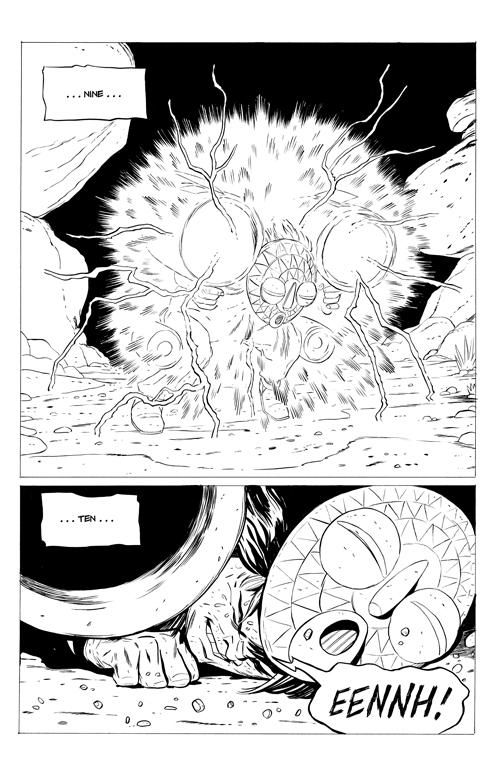
Thank God, then, for Jeff Smith’s dimension hopping art thief, Rasl. In a year when the bulk of Grant Morrison’s work, as ever, was marred by inconstant art teams, and/or visuals that couldn’t quite deliver the goods, and Iron Fist was thrown into confusion at least in part thanks to the unexpected exit of David Aja, it was wonderful to stumble across a book, however infrequently released, that could guarantee an extremely high standard of quality. You know, it’s easy to forget when nodding through the monthly funnies that art teams should be doing things like capturing the inner life of the characters, and that symbolism has a powerful role to play in a medium where individual images so effortlessly give themselves over to contemplation, and really, well, that’s just a fucking crime, isn’t it? It would be folly to suggest that it wasn’t always thus, but after putting down each and every issue of Rasl I couldn’t help but skirt the edges of a mild depression. This stuff, it shouldn’t be rocket science, but somehow a horribly high proportion of superhero books fail to deliver gold standard storytelling through their art. Perhaps it has something to do with the production process and the sub-division of labour, perhaps creators just don’t know how to get it done.
As I said in my review earlier this year, Rasl has an advantage over most of the books on my pull-list (I don’t actually have a pull-list, you understand – something about the concept revolts me – but if I did then Rasl would undoubtedly be on it), in that its cast, including its protagonist, aren’t protected by the twin force fields, franchise and ongoing continuity, and consequently the threats seem that much larger and the characters that much more solid, in that they contain within them the seeds of genuine possibility. These strengths are entirely situational and don’t really speak to Smith’s actual achievements with the book, but to not reflect on them would be to misrepresent a big part of the comic’s appeal. I’ll need to think on it more, but I’m wondering now if Smith’s greatest success is simply the way in which he’s exploited these innate advantages, after all the protagonist (Rasl) wouldn’t even get off the starting line if Smith hadn’t been able to bring his every expression to life, or build scenes with such clarity and grace.
However, the book primarily appeals to me on two levels. In the first instance it’s refreshing to read a genuinely philosophical comic-book. Before anyone starts to think I’m going a little far, I don’t mean philosophical in the dry, academic sense – Smith clearly isn’t attempting to write an essay. No, I’m talking about a the brand of story where philosophical problems are woven into the dramatic structure, and brought to life as obstacles to be faced. Seriously, seems to me that Rasl is all about philosophical skepticism – the challenge to find the rock solid ground of truth and meaning and value when faced with a reality that keeps slipping away beneath your feet. That cutaway stone that we keep coming back to, the way it skips across the water before sinking into the blackness, well, at risk of stating the obvious surely that maps perfectly across my proposition? This is heady, paranoid, and profoundly vertiginous stuff, particularly when channelled through character and drama – a challenge which, incredibly, Smith manages to make look easy. That scene I mentioned in my review, the one where Rasl is smoking a cigarette and nothing happens, other than the slow build of absolute dread and the feeling that Rasl is falling, maybe forever, into a very, very big black pit. How the fuck did Smith do that? How do you build dread in a scene where nothing is happening? I mean, I’ve got some ideas about how you might go about doing something like that, but Smith actually made it work. When was the last time you saw something like that in a monthly?
The other great big win – going back to the art for a minute – has to be the full on face punch iconographic force of Rasl’s immersion suit (see above). It strikes me that on some level much of my comic reading life has been quietly dedicated to hunting visuals like these – the kind that stays with you, that forces you to read on thanks to its raw evocative power. The sheer fucking coolness of it. Rasl hunched over in that suit works for me on the same level as Millar’s Batman, I just can’t help wanting to see more of that guy, which really is about the most powerful endorsement it’s possible to heap on a comic book character, or any character for that matter. At least it is if your concern is serialised fiction, which, you know , it is.
Let’s just hope Smith can pull more than 3 issues out of hat next year, eh? ;)
BEST WINNEST BOOK
Like the rest of the Mindless my reading material roamed far and wide this year: at one end we have John Steinbeck’s East of Eden, at the other Neal Stephenson’s Cryptonomicon, via (half of) War and Peace, two books by Ian McEwan (Atonement, Child in Time – the first book I’ve read by McEwan that did considerably more than pass the time), Donna Tart’s A Secret History, Kazuo Ishiguro’s When We Were Orphans, Irvine Welsh’s Trainspotting, and an attempt to capture the history and philosophy of Superstudio, a school of ‘Radical’ architecture that saw it’s heyday in the early seventies. Although, if I’m honest, my interest in that last one was more about the pretty pictures than it was yer achul words. It was, however, the only book on the list published this year (this decade even), so, with Amy’s Best Website of 2008 in mind, let’s have a look between the covers

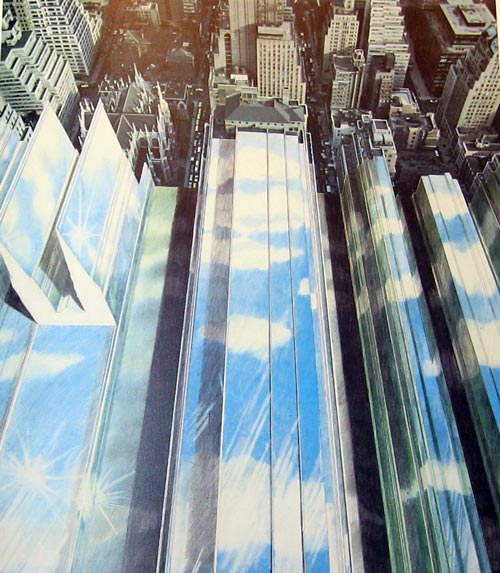
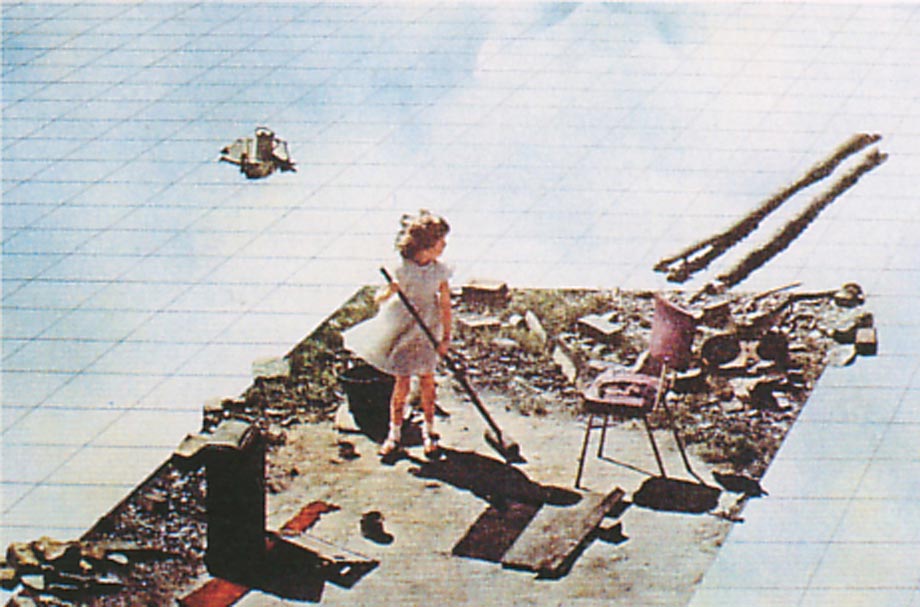
BEST WINNEST ALBUM
Ah, now then, I haven’t bought any albums this year… Hang on, thinking about it, I did buy one, the After Dark compilation from the Italian’s Do It Better label, but as it came out in 2007 it doesn’t count so I might as well shut up about it. In fact, I might as well shut up about albums fullstop. I know artists and I know tunes and that it all, so that’s what you’re going to get.
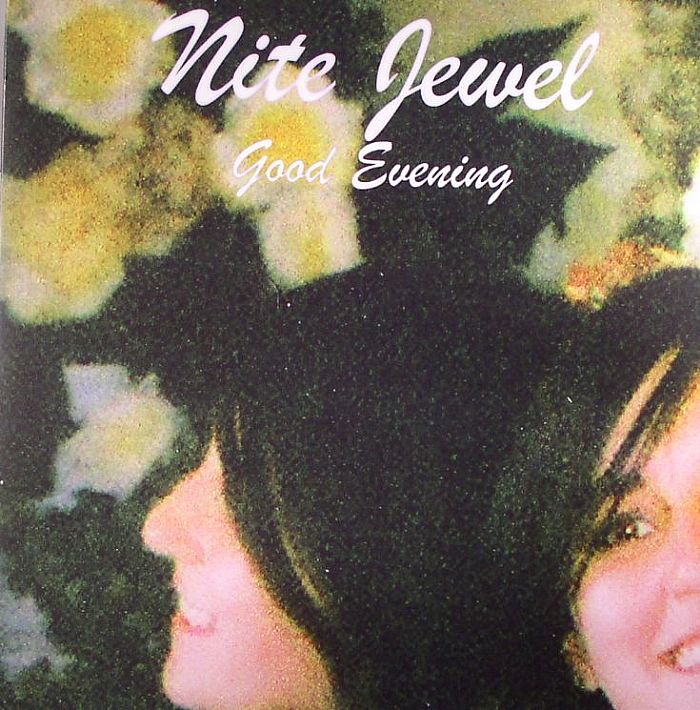
I must be one of those people I keep hearing about – the gang of psychopaths killing the long-player form. I threw my lot in with the new breed of bit-crazed consumer almost three years ago now, and it’s certainly the case that the vast majority of the music I listen to only takes up virtual space and hails from music blogs or itunes. As a result my recent collection is fractured and atomised in a way that would probably have horrified the mid-twenties me. Taking the longer view, however, I’m struck by the way in which my current approach to music mirrors my teenage experience. Back then I knew absolutely fuck all about the artists behind the tracks I recorded from the radio – I just didn’t care about that stuff – and besides the dance music scene(s) that I was into actively encouraged the cult of the faceless music creator. Today I find myself similarly ignorant, in part of out choice – I do have access to the greatest archive of human knowledge the world has ever known, after all – but mainly as a consequence of the technology being used to disseminate product, and the way in which it doesn’t encourage a deeper probing of artists and their output.
Nite Jewel – Heart won’t start
[audio:http://mindlessones.files.wordpress.com/2008/12/nite-jewel-heart-wont-start.mp3]
I couldn’t, for example, tell you much about Nite Jewel. I think she’s from Los Angeles, apparently she’s got a recording deal with a small indie label called Gloriette, I know that I’m looking forward to buying her album Good Evening if and when it breaks the surface and gasps for hard cash this side of the Atlantic. Which I suppose in this day and age equates, in terms of praise, to the heavenly host singing of it’s glories.
Back in the early Zeroes I was blown out of my seat by the electro pop explosion – it was as if someone had downloaded my taste and generated a honest to god scene in response to my data inputs. Peaches, Crossover, Fischerspooner, Le Tigre, Anthony Rother* – I just couldn’t quite believe these people existed, that any of it was really happening, and strangely I find myself in a similar situation right now, with acts like The Chromatics, Gang Gang Dance and Nite Jewel spearheading the charge down my ear ‘oles and on, on down into my incredulous psyche.
*With the exception of Crossover I can’t vouch for any of these act’s recent output
Now that I’m older, wiser and, well, yeah, mainly older, I can find some kind of rationalisation beyond the childhood I sending narrow beams of tachyon particles up through space-time into some super-secret government hyper-computer designed to pump out only the tunes that I LIKE. I’ve seen enough music come and go – whole genres – that I couldn’t give two shits for, and consequently I don’t feel quite so special anymore. Electroclash was a drop in the ocean, as was Emo, and I fucking hate Emo.
What hits me hardest about Nite Jewel, though, isn’t simply the music – the possibility of its existence or otherwise. Don’t get me wrong, for the last couple of years I’ve been all about female vocals, and I’m particularly attracted to wails, strained necks and indecipherability over control and genuine skill. Those high notes that threaten distortion when encoded at a low bitrate. Voices that might belong to banshees or neon lit angels. I suppose I have the Cocteau Twins and Kate Bush to blame. I love the 80s drum patterns that demand dancing built from flexed arms and fist pumps, maybe even the odd finger point. I love the unadorned synth washes – I can almost see fingers flicking over plastic keyboards. Words like clavichord spring to mind. But what really does it for me is the relationship between Nite Jewel’s unashamedly demo-esque sound (she deliberately and exclusively records on 8 track, apparently), and the sound made by the C60 magnetic tapes of my youth. It’s as if her music emanates from some haunted ghetto blaster: spooky, beautiful and cheap.
Nite Jewel – Lover
[audio:http://mindlessones.files.wordpress.com/2008/12/nite-jewel-lover.mp3]
BEST WINNEST TV DRAMA (AMERICAN)
So what did we have? Well the Wire ducked in with a very slightly lackluster final season, but let’s face it lackluster in Wire-land is still about 50,000 times better than most things on television ever; then there was yet more David Simon in the form of Generation Kill, a show that I have yet to see; Breaking Bad broke out good, so I hear, but again I didn’t actually catch it so I can’t comment; Mad Men continued to be consistently horrid-excellent and enlightening, but has still yet to light my soul on fire; Over in pop-land Battlestar Galactica by turns bored, excited and embarrassed me with its po-faced seriousness (is it just me or is that show the serial narrative’s answer to the self important teenager?); Lost carried on ploughing its furrow, which as far as I’m concerned is absolutely excellent but I won’t bore you with my Lost obsession.
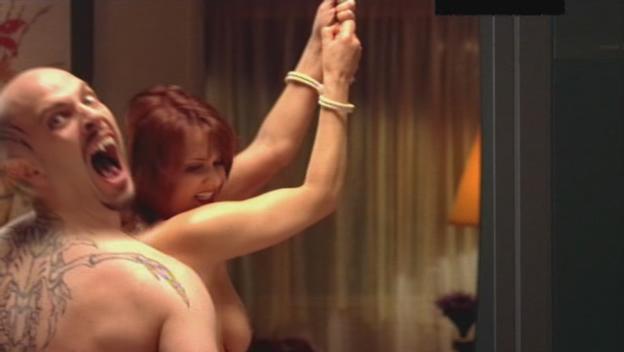
Still on a pop tip, the telly that really shook my bottom to its dark core this year was True Blood. Okay, we ragged on the promotional comic in our summer podcast, but then it was a complete and utter piece of shit, and even if it wasn’t I can’t blame anyone for being sick and tired of sexy, sexy vampires. Alan Ball, however, pulled me in. I wasn’t just going to sit on the sidelines and ignore a show produced by the guy who gave us Six Feet Under (I know, I know, some of you gave up watching it around Season 3 – you made a life changing mistake, let’s just leave it at that). Needless to say, True Blood ain’t got too much in common with his magnum opus, and that fact did skew my thinking for a good number of weeks. In Ball’s own words “it’s popcorn television…” But his caveatastic “…for grown-ups” is the space in which the magic happens. It’s relatively easy on the eye, that’s for sure, and it’s definitely not too hard on the brain-chamber neither (although it’s certainly smarter than it might at first appear), with its soap-operatic plot and hackneyed subject matter (vampires as yet another fantastical put upon minority group), but the show’s real strengths lie with the cast and Ball’s sharp eye for character. This is a show that lives and breathes, it’s fucking vivacious, a bloody smear of larger than life personalities, fit bodies and wall to wall sex. Seriously, there is a hell of a lot of fucking in True Blood – loads and loads – and in a genuinely super-surprising move not exclusively of the vanilla variety. Far from it, in fact. This is the show that actualised Buffy’s perpetual skin on skin threat and didn’t look back.
Thinking about it, the sex is probably a big part of why I like True Blood so much. Cumming from a purely philosophical standpoint, you understand, it’s just absolutely great to see American TV aimed at a wide audience that privileges bedroom action over violence. That, in itself, is a fucking revelation.

And, well, there’s Lafayette, the gay, drug dealing, prostitute, hard man, burger chef with the sharpest tongue that side of HBO. He makes up for all the lustrous vampire hair – something bloody has to.
Anyway, that was the year according to me.
Did I forget to say Dark Knight……..?
Happy New Year, Mindless Wunces.
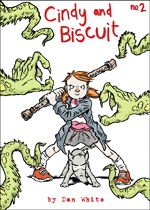



Leave a Reply
You must be logged in to post a comment.